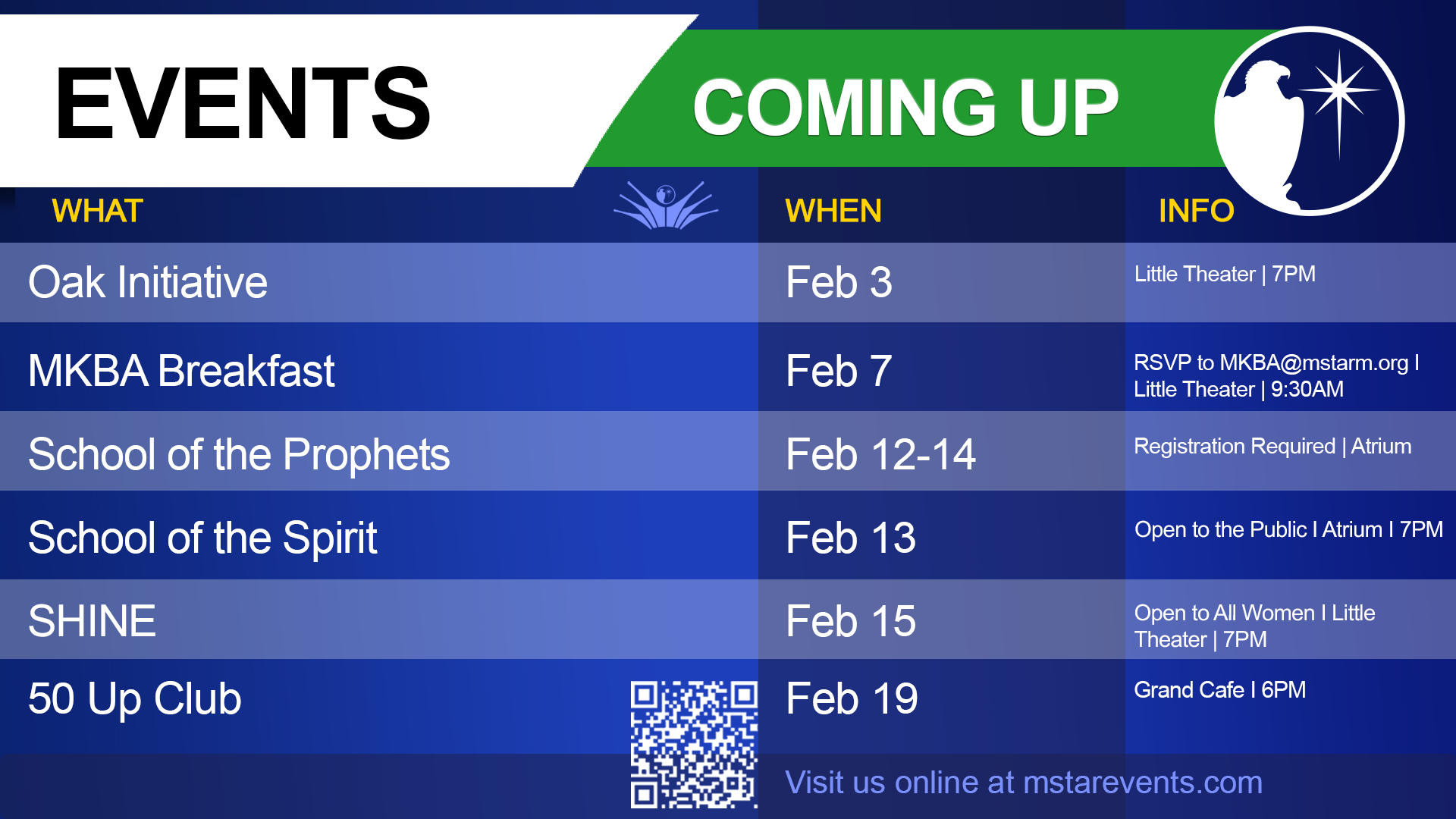We are promised a blessing just for reading the book of Revelation. However, throughout history, cults have been started by people who believed they had a special understanding of the book of Revelation no one else did. One of the definitions of a cult is that the people tend to listen to only one leader, teacher, or prophet. That is a pride the Lord will resist. So, let us approach the Word of God with the humility demonstrated by our dependence on the Holy Spirit to lead us into all truth. All truth is found in Christ.
We must keep in mind that, regardless of how much understanding we’re given on anything, “we know in part, and we prophesy in part” (see 1 Corinthians 13:9). Knowing that the most we are ever given about anything is “part,” this should compel us to remain humble and teachable, knowing we need others to have the complete understanding of anything.
There have been cults and sects which began with a revelation from an angel that went beyond Scripture. So, isn’t it dangerous to seek revelation from angels? Surely, but it is probably not as dangerous as when we receive something from another person. If Daniel and John needed angels to instruct them, who are we to think we don’t? We are able to “test the spirits” (see 1 John 4:1-3), and we should. However, we must not reject angels whose job it is to minister to the heirs of salvation. As we approach the end of the age, we are going to be having more interchange with angels, as we will need it. So, we must get used to it.
It is more dangerous not to understand the book of Revelation than to seek it, but we must seek this understanding with a humility that depends on the Holy Spirit to lead us to the truth. We must have more faith in the Holy Spirit to lead us to the truth than we have in the devil to deceive us.
But why has the Lord made it so difficult? Because His truth is the most valuable treasure on the earth, and what makes something a treasure is that it is rare and/or hard to find. This difficulty separates those who just want the truth, but do not love the truth enough to relentlessly pursue it, from those who value it appropriately.
Even though the pursuit of truth is challenging, to the lovers of truth the reward of this treasure is greater than any worldly treasure. The exhilaration that comes with the knowledge of God and His ways is greater than any other. To know Him and follow Him is the greatest and most rewarding adventure we can have in this life. One of the greatest satisfactions in this is the discovery of Him in the biblical prophecies. Some of the greatest of these is found in the books of Daniel and Revelation, which we are told would remain locked away from human discovery until the end of the age, and so many of which are yet to be fully revealed.
It can be the greatest excitement to see how perfectly the things prophesied have been fulfilled. Seeing these can give us a much clearer picture of what is happening in the world today and where we are headed. Such knowledge of the future can be the most valuable knowledge we can have, and this will increase as we get closer to the end of the age.
As we mature in our knowledge of the Lord and His Word, we should be constantly growing in both. This also means that at times we will see how our previous understanding of something was at best partial. So, we must have the humility to continually adjust some of our understanding. This will help keep us from becoming an old wineskin that is too rigid to accept His new wine.
In my studies of the writings of those considered the “early church fathers,” I have been surprised at how knowledgeable many were of the revelation given to John and how they saw this unfolding over a long period of time. Some of these we will cover in this study were the direct disciples of John, Peter, and other “apostles of the Lamb,” the direct disciples of Jesus.
The leaders of the Advent Movement whose new eschatology became so popular in more modern times seemed ignorant of the writings of the early church fathers, the eschatology of the Protestants which corroborated the early church fathers, and the Scriptures that contradicted some of their assumptions. Though I will be focusing more on the ancient eschatology than the one now popular in Pentecostal and Charismatic circles, we will also consider those where they have merit. Some things may be new to us, but we must keep our focus on the truth as the Spirit of Truth leads us.
© 2024 Rick Joyner. All Rights Reserved.



